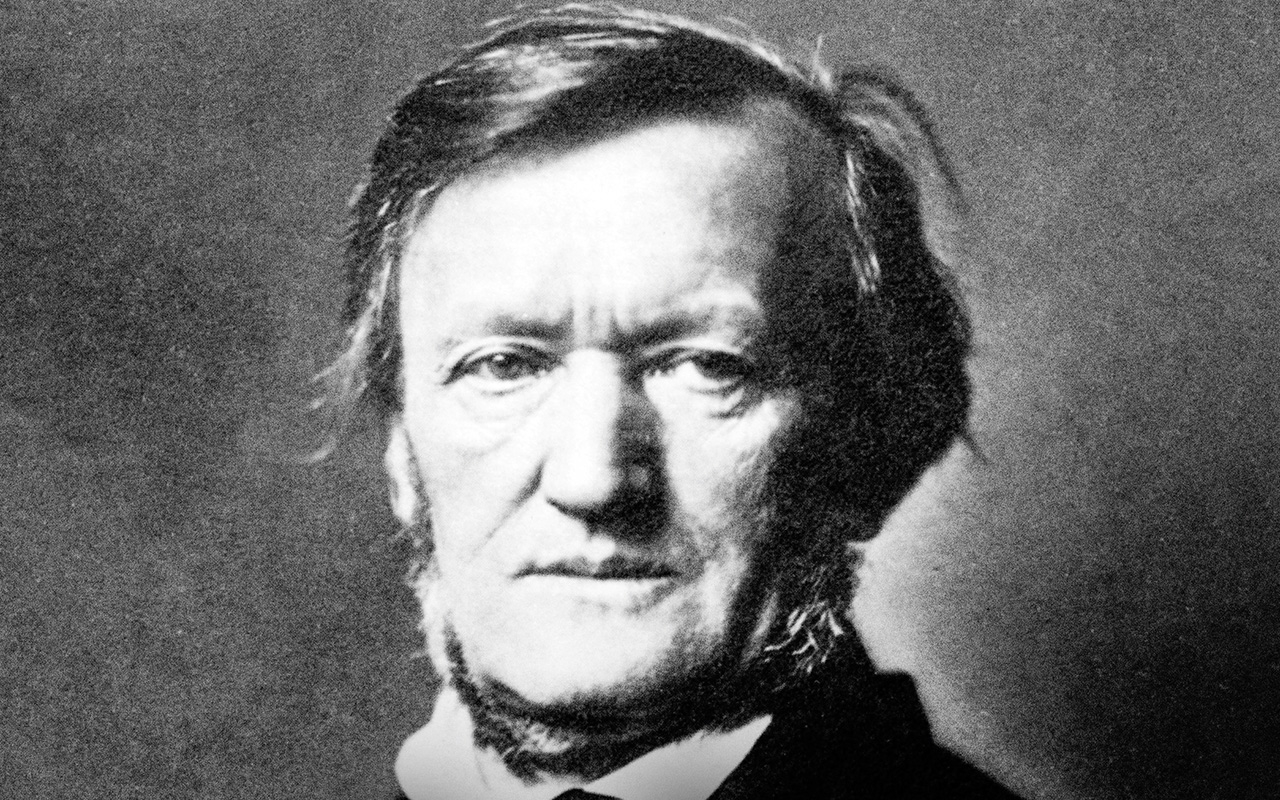Richard Wagner was a prominent composer of the 19th century, known for his influential contributions to opera and his complex, often controversial, personal and artistic life. Here are ten interesting facts about this iconic composer:
- Early Musical Talent: Richard Wagner was born on May 22, 1813, in Leipzig, Germany. His musical talent was evident from a young age, as he began composing when he was just 7 years old.
- Opera Innovator: Wagner is often hailed as one of the most innovative and revolutionary figures in the history of opera. He is particularly famous for his concept of Gesamtkunstwerk, or “total artwork,” where music, drama, and staging are integrated to create a unified experience.
- “Tristan und Isolde”: One of Wagner’s most celebrated works is “Tristan und Isolde.” This opera is notable for its chromatic harmonies and its influence on later composers like Richard Strauss and Claude Debussy. It is considered a landmark in the development of late Romantic music.
- Controversial Personal Life: Wagner’s personal life was marked by controversy. He had a reputation for being an egotistical and often difficult individual. He had multiple affairs, including a scandalous relationship with Mathilde Wesendonck, which inspired some of his compositions.
- Influence on Adolf Hitler: Wagner’s music and writings were embraced by Adolf Hitler and the Nazi regime in the 20th century. This association with Nazism has tainted Wagner’s legacy, even though he died long before the rise of the Nazi party.
- The Bayreuth Festival: Wagner built a theater in Bayreuth, Germany, specifically designed for the performance of his works. The Bayreuth Festival, an annual event, is dedicated exclusively to his operas. It remains a significant cultural institution.
- Epic Operas: Wagner’s four-opera cycle, “Der Ring des Nibelungen” (The Ring of the Nibelung), is a colossal work that spans around 15 hours of music. It’s renowned for its epic storytelling and rich musical themes, making it one of the most ambitious undertakings in the history of opera.
- Financial Struggles: Throughout his life, Wagner faced severe financial difficulties. His artistic ambitions often exceeded his financial means, and he relied on the support of wealthy patrons, including King Ludwig II of Bavaria.
- Exile and Return to Germany: Due to his involvement in revolutionary activities, Wagner was forced to spend a significant part of his life in exile. He returned to Germany in 1862 after obtaining a pardon.
- Musical Legacy: Wagner’s influence on music is profound. His use of leitmotifs (recurring musical themes associated with specific characters or ideas) has been influential in film scoring, particularly in the works of composer John Williams. His impact on modern music and opera is immeasurable.


Comments are closed